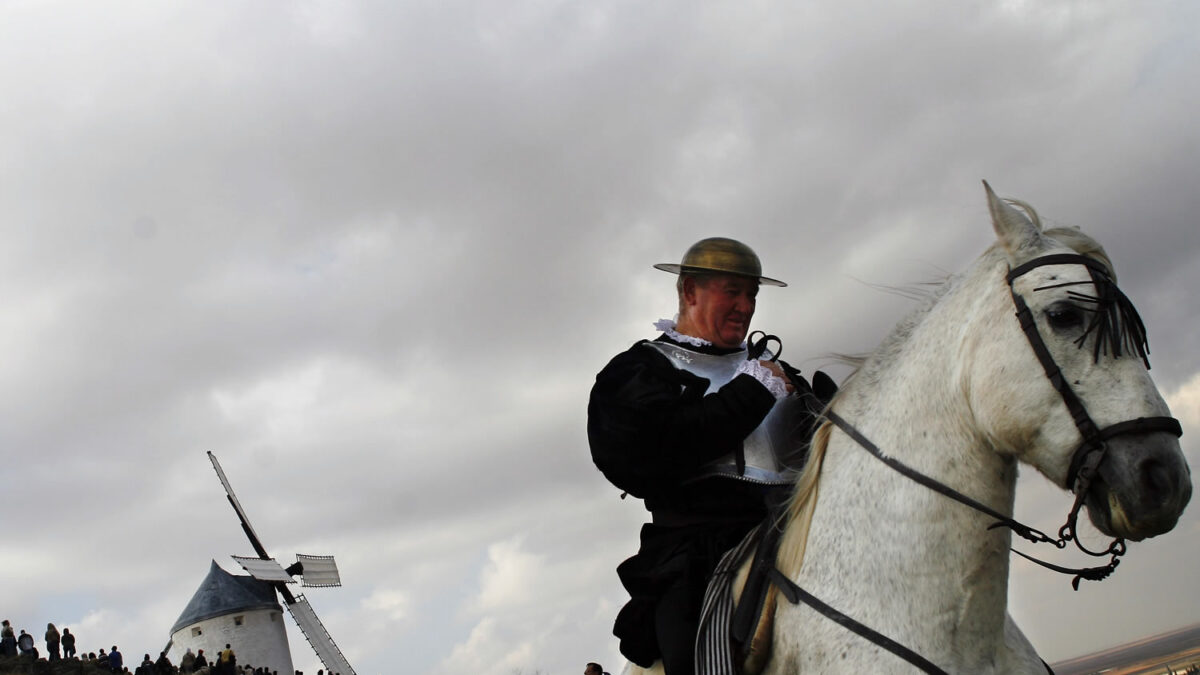The Quixote Riddle is Solved
“In a village of La Mancha, the name of which I have no desire to recall” is the famous opening sentence of “Don Quixote”. Not as versatile as Dickens’ over-quoted “It was the best of times, the worst of times”, it is jokingly used by Spanish-speakers when criticizing someone or something without pointing a finger. Four centuries after Cervantes wrote what is universally considered the first modern novel, and on the year that commemorates the 400th anniversary of his death, the Quixote riddle has finally been solved.

“In a village of La Mancha, the name of which I have no desire to recall” is the famous opening sentence of “Don Quixote”. Not as versatile as Dickens’ over-quoted “It was the best of times, the worst of times”, it is jokingly used by Spanish-speakers when criticizing someone or something without pointing a finger. Four centuries after Cervantes wrote what is universally considered the first modern novel, and on the year that commemorates the 400th anniversary of his death, the Quixote riddle has finally been solved.
Francisco Parra Luna and Manuel Fernández Nieto, tenured professors at the Complutense University of Madrid, have presented a 300-page study titled “The Place in La Mancha”, in which they submit Cervantes’ irony to scientific scrutiny. Mathematical calculations –including the average pace of a donkey–, have led them to proclaim that the mystifying place which Cervantes refused to remember is Villanueva de los Infantes and not Argamasilla de Alba, as had been conventionally accepted since the 18th century. Thus, the tiny town of Ciudad Real, with its 5,800 inhabitants, becomes the protagonist of this Cervantine year.
Cervantes and Shakespeare, who died almost simultaneously in 1616, are the two undisputed giants of Western literature, and according to Harold Bloom reign supreme since Dante, which means that Tolstoy, Goethe, Dickens, Proust and Joyce would have only touched the hem of their literary garment. When studying the Spanish Golden Age and the Elizabethan-Jacobean era, Cervantes and Shakespeare stand out like rare paragons and the context is secondary to their substance.
One can’t help but agree with Bloom when he confesses to being incapable of discovering the true object of Don Quixote’s quest or Hamlet’s authentic motives. It was meant to be. Both Shakespeare and Cervantes shared, genially, an unabashed mischievousness.




